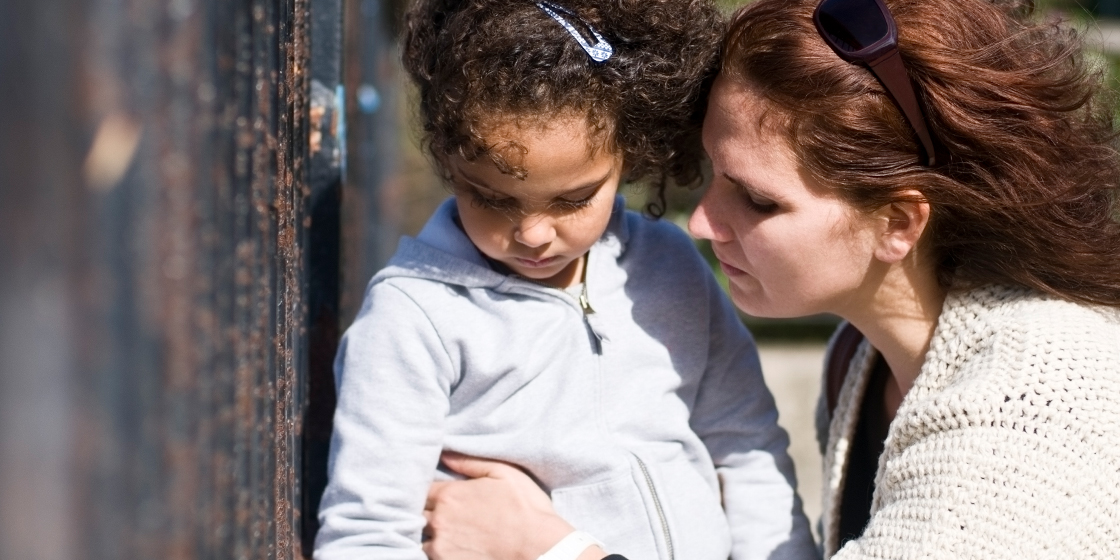
September 17, 2019 | By: Shailen Singh
Categories: Family Support
Trauma can happen at any time. It shows itself in many ways. For children, trauma can occur when their sense of safety or self is at risk. Trauma can result from one event or a series of events. These events can cause physical or emotional effects on a child who has experienced high levels of stress.
Not every child experiences things the same way. This is also true for a child with a disability. The world can be a very stressful place for a child who has trouble communicating, controlling their emotions, or understanding social cues.
For a child with autism or sensory processing issues, outings can cause great stress or trauma. Many parents have seen their child visibly overwhelmed by their surroundings or situation. Their child is unable to regulate their emotional responses. Parents who are trauma-informed know how to help their child in these situations.
A trauma-informed parent places value in their child’s experience. They do not expect them to cope the way another child would. They recognize the symptoms of their child’s trauma. A trauma-informed parent can be their child’s best advocate when working with doctors, educators, and other key players in their child’s life.
Learn more about the effects of trauma on children and how you can become a trauma-informed parent. Please visit TraumaInformedParent.com. Learn the Adverse Childhood Experiences Study (ACES). Take the ACES test for you and your child. It can help identify any risk for long-term effects of trauma.
Building a strong, healthy relationship with your child based on trust can make a world of difference. It starts with being trauma-informed.
Know how to recognize the effects of trauma on children.

A few years before my son George graduated from high school, our family discovered a Special Olympics program called FUNdamental Sports.
Categories: Family Support, Transition to Adulthood

Kids need to learn about emergencies in ways they can understand and talk about.
Categories: Family Support

Your emergency plans might look different, but no matter how they look, they can make all the difference.
Categories: Family Support